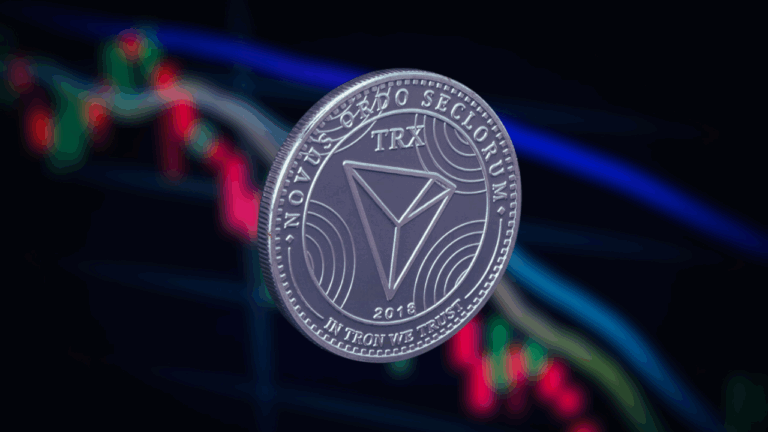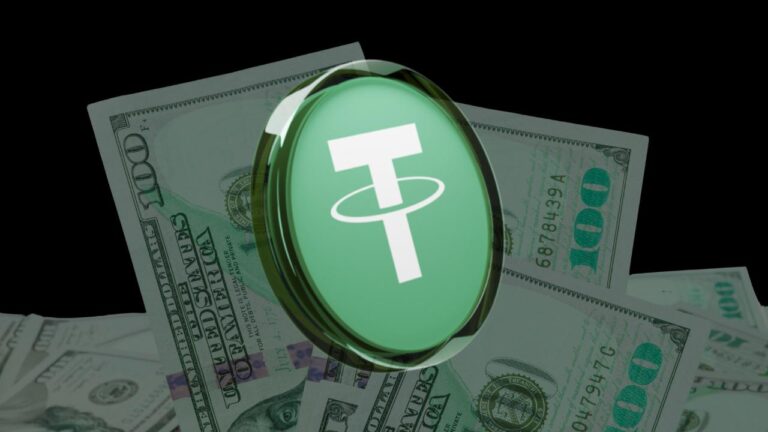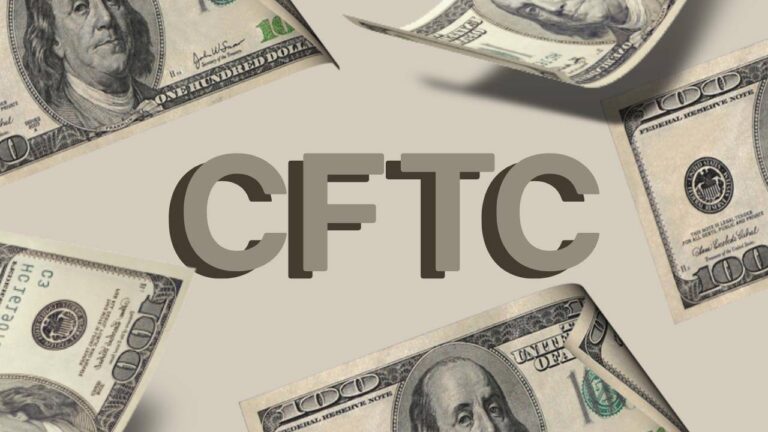ASIC relaxes licensing rules for stablecoins distributors in Australia

TL;DR Breakdown
- ASIC has announced a new licensing exemption for intermediaries involved in the distribution of stablecoins issued by licensed firms.
- The agency said the development is temporary and will remain active until June 1, unless repealed.
- Australian exchanges and users bemoan continued restrictions from banks.
The Australian Securities and Investments Commission (ASIC) has announced a new licensing exemption for intermediaries involved in the distribution of stablecoins issued by licensed companies. The new update is part of the newly published ASIC Corporations (Stablecoin Distribution Exemption) Instrument 2025/631.
In the newly published rule, intermediaries involved in the distribution of stablecoins issued by firms with an Australian financial services (AFS) license will no longer be required to hold their own AFS, market or clearing, and settlement facility licenses. “ASIC is committed to supporting responsible innovation in the rapidly evolving digital assets space, while ensuring important consumer protections are in place by having eligible stablecoins issued under an AFS licence,” ASIC said in a Thursday announcement.
ASIC eases licensing rules for stablecoin distributors
According to the statement from ASIC, the new rules are only applicable to stablecoins that are classified as financial products under the current Corporations Act and issued by eligible AFS-licensed entities. The development comes after the ASIC reviewed the public feedback on its recent consultation paper that explored updates to its crypto asset guidance. In the feedback, some stakeholders mentioned the burdens attached to the cost of compliance on intermediaries.
They also noted that the costs are always at an all-time high, especially during traditional periods. ASIC, in its statement, mentioned that the relief will be a bridge until those reforms, especially the proposed licensing framework for payment stablecoins, are fully active. The exemption is currently temporary, but the agency said it will remain so until June 1, except it is repealed earlier.
Australian exchanges continue to face restrictions from banks
Australian crypto users have been facing restrictions from banks when making deposits on crypto exchanges, according to a new Binance survey. In the 1,900 Australians interviewed, 58% of the respondents wanted easy access to deposit funds on exchanges with no limits, while 22% said they needed to change banks to make their crypto journey easier.
According to the survey, executives mentioned that a better situation could be made available if the government fixes the problem by introducing clearer rules. According to Matt Poblocki, the general manager of Binance in Australia and New Zealand, seamless access to financial services has been affecting participation, trust, and confidence in the market, noting that these barriers slow adoption and limit the growth of companies in the industry.
“The lack of consistent access not only inconveniences users but risks driving activity offshore to less regulated venues —something that benefits neither consumers nor the broader financial system,” he said. The continued barriers to crypto adoption in Australia have been shocking, considering the rate of regulatory progress in the country. For instance, in 2018, crypto exchanges were subjected to Anti-Money Laundering laws in 2018, requiring registrations with Australia’s financial intelligence agency, AUSTRAC.
Speaking about the struggle, OKX Australia CEO Kate Cooper, who used to work at Australian bank NAB, mentioned that in her experience, crypto businesses are still being denied banking services. She also added that banks still prevent transfers to exchanges. “We regularly field phone calls from customers. ‘So my bank won’t let me. What bank do you know that will allow me to do this? How do I do it? What are my options?’” Cooper said.
The country has also made significant progress in its crypto industry, launching its Bitcoin exchange-traded fund (ETF) in June 2024, before following it up with the launch of an Ethereum ETF in October of the same year. Some weeks ago, Coinbase and OKX introduced services for self-managed superannuation funds in Australia, paving the way for crypto to enter the retirement savings system of Australia.






